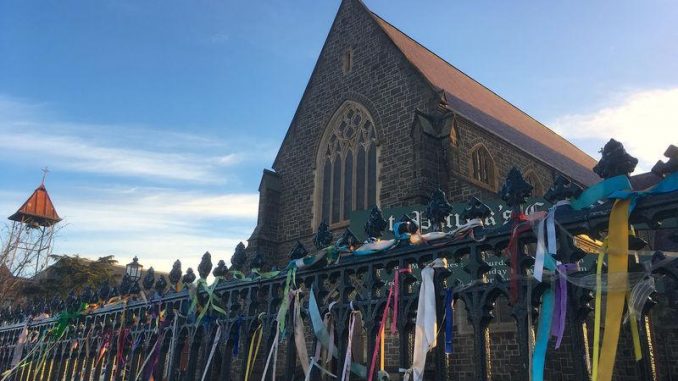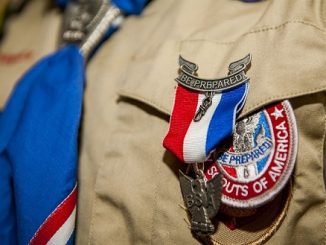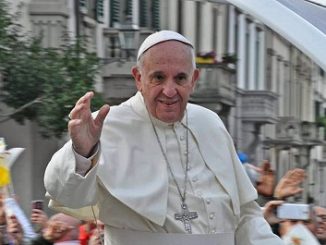
By Byron Kaye
BALLARAT, Australia (Reuters) – One of the pope’s top advisers, Cardinal George Pell, makes his first court appearance in Australia this week on charges of historic sex crimes, a bitter reminder for his home town reeling from more than a dozen abuse cases. Pell, the Vatican’s economy minister, last month became the most senior Catholic to be charged with sex crimes. He has vowed to fight the still-unspecified charges, calling them false and the result of a “relentlelss character assassination”. He declined to respond to interview requests for this story. He is expected to appear before Melbourne Magistrates’ Court on Wednesday. Police have not released details of the charges, but the start of Pell’s court battle in Melbourne revisits a troubled past for Ballarat, the former gold town of 100,000 people 75 miles (120 km) to the west where Pell grew up and cut his teeth as a priest in the 1970s and 1980s.
Before a 2013 state government inquiry into institutional abuse, Ballarat was best known to Australians as the site of the Eureka Stockade, a bloody 1854 uprising by goldminers against colonial authorities. But the government inquiry exposed shocking accounts of child abuse and allegations of a cover-up in the Ballarat diocese over many generations, sparking a more powerful federal Royal Commission that heard testimony from hundreds of people, including allegations against 17 priests in Ballarat alone. At least five priests from the diocese have been jailed for abuse. Supporters of the victims have tied hundreds of colorful ribbons to the fence outside the city’s main Catholic church, St Patrick’s.
Pell, 76, testified at both inquiries, mostly about his knowledge of the handling of complaints against the church when he was a young priest in the 1970s and 1980s. He repeatedly denied direct knowledge of practices which, according to the testimony of others, involved moving suspect priests between parishes to avoid detection. Neither inquiry heard complaints against Pell himself. Victoria state police, which brought the charges against Pell last month, haven’t said where the charges originated and haven’t offered any detail other than that they were for multiple historic sex offences.
Police declined to comment on specific charges. The Royal Commission, which will deliver its final report to the government later this year, also declined to comment.
“The important thing is that the result of it will be truth and justice, no matter what the truth is,” said Reiny Strybosch, who has lived in Ballarat since 1956, on his way to Mass.
For Pell, like the city he grew up in, the charges are a reminder of the past. His rise through the Australian clergy paused in 2002, a year after taking the country’s top Catholic role as Archbishop of Sydney, when he was accused of abusing two boys at a youth camp in the 1960s.
Pell strongly denied the accusation and took leave to fight it. The church then ran a closed hearing in a Melbourne hotel room, overseen by a retired judge who found that the alleged victim seemed to be telling the truth but that there was insufficient evidence to substantiate the complaint. The 2002 accuser has not spoken publicly since.
“I can’t see any reason that he won’t get a fair and just trial,” said abuse survivor Philip Nagle, an agronomist. “I’d like to see the claimants get a fair and just trial too.”
Source reuters.com





Be the first to comment